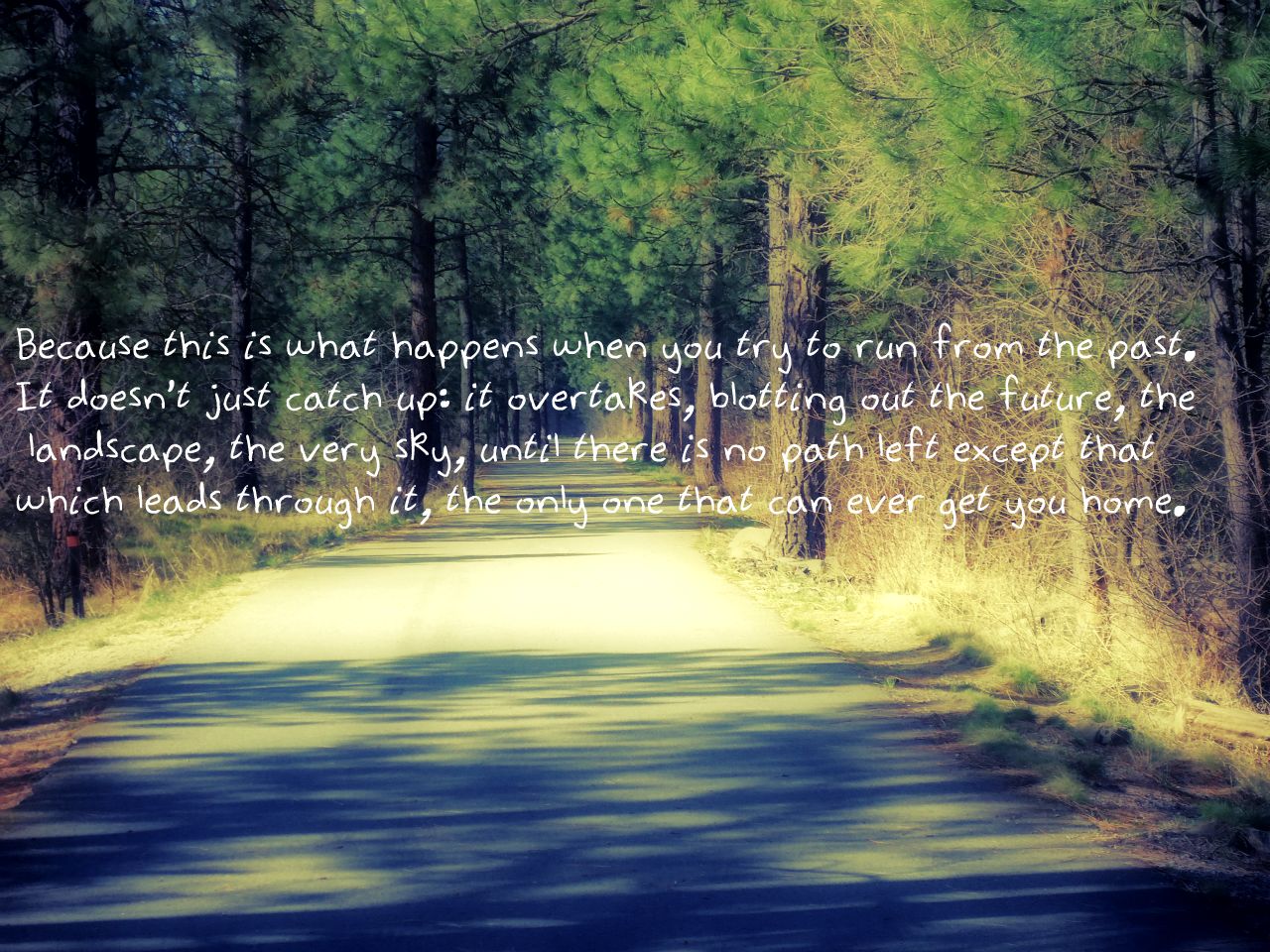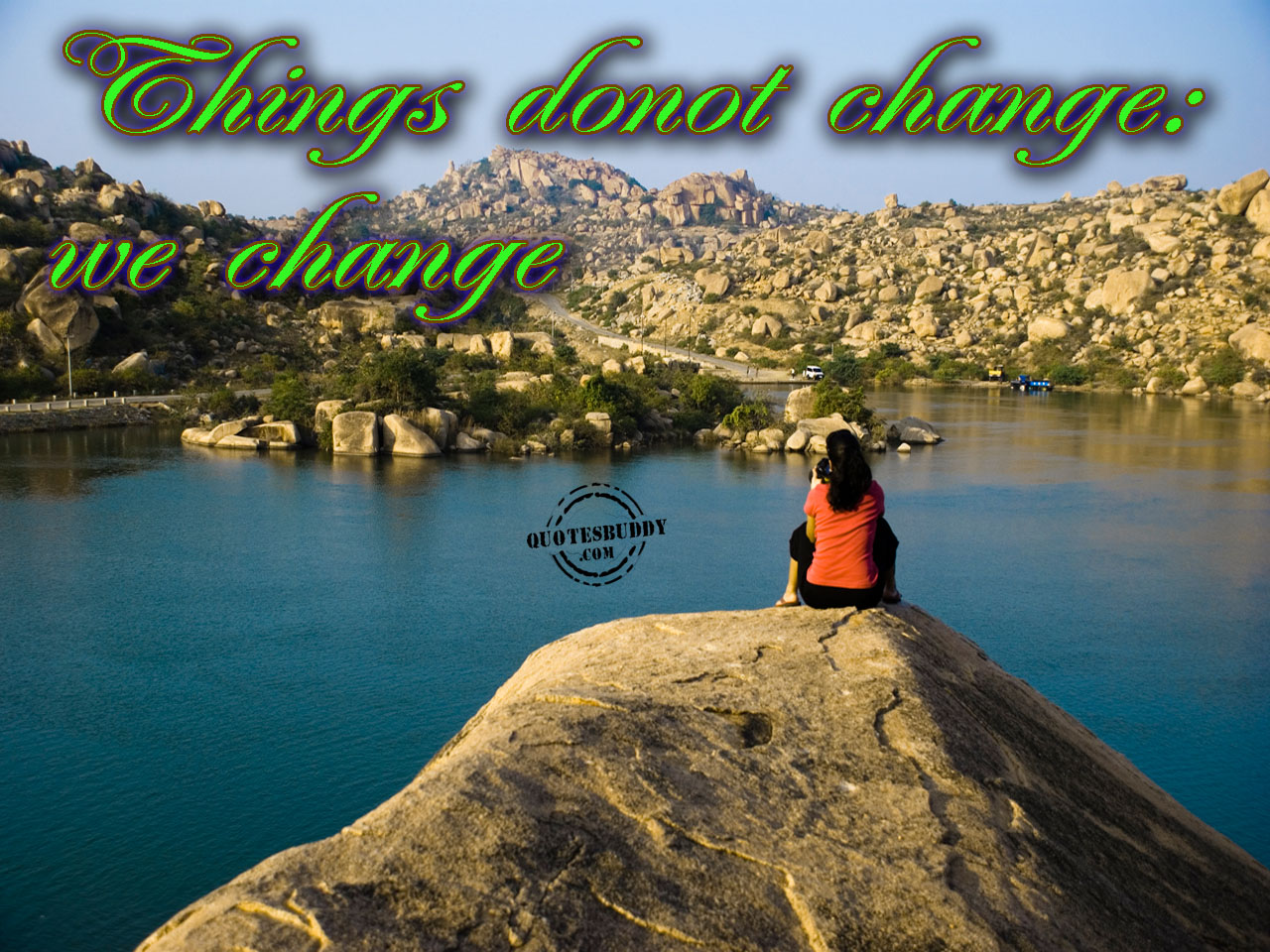

Neuroplasticity is the brain’s ability to rewire itself by repairing old neural connections or creating new ones.

Second, traveling to new places improves brain abilities. Working in a new space disrupts the monotony because it allows remote workers to try something new, meet new people, see new things, thus stimulating creativity inside them.

The remote worker may feel overworked or under-employed or become distracted or stressed. Monotony can actually give rise to errors and decreased productivity and happiness level. Why Is A Change Of Scenery Important For Remote Work?įirst of all, changing scenery breaks the monotony remote workers experience occasionally. Some tips do not mean only changing scenes physically but also mentally and emotionally. In this article, you will learn the benefits of changing scenes and how you can do it in many ways. And how they can take things to the next level and improve their well-being and creativity. However, most remote workers may not have realized the potent effects of changing scenes while working from home. This makes changing scenes incredibly easy. Remote workers can choose where they want to work, as long as they have laptops and good internet connections. The good thing about remote work is flexibility. The same scene over and over again can drive unhappiness.

When we are exposed to a variety of scenes, we feel happier, excited, and relaxed. This makes sense because humans have an innate need for variety, namely a change of scenery. The people who visited more locations throughout the day reported more positive feelings, such as, "happy," "excited," "strong," "relaxed" and "attentive.After working from home for some time, it can feel monotonous to sit in the same workspace, do the same routine, and look at the same scene every day.Īs boredom creeps in, productivity and creativity will drop. Participants received a text when they moved locations that asked them to note their mood and emotional state. Any change, from redecorating your room to downloading a podcast out of your typical rotation, counts.įor the study, researchers tracked 132 people ages 18 to 31 in New York City and Miami for three to four months. "While our study examined benefits associated with novel experiences linked to physical locations, our work suggests that exposing yourself to sights, sounds and experiences that you haven't had recently might similarly be rewarding," he says. So "even though our ability to physically move around is limited by social distancing, it's still possible to create diversity in the experiences that are in your control," Aaron Heller, clinical psychologist and affective neuroscientist at University of Miami, who co-authored the study, tells CNBC Make It. The activity in these areas of the brain tends to be more synchronized in people who explore new things daily, and has a stronger influence on their mood, Hartley says. Another part of the brain, called the striatum, helps us evaluate our environment and processes reward. The hippocampus, which is a part of the brain that is involved in spatial navigation and memory formation, "is also sensitive to the novelty of spatial environments," Hartley says. However simple the change, there's a neurological reason why variety makes us happy. Just keep in mind the restrictions in your state and in the area to which you are considering traveling. If you want an actual change of scenery, there are safer ways to get away, from an outdoor hike to an RV vacation to a socially distanced resort experience. Something as simple as introducing variety in our daily routines may be enough to increase our sense of well being, Catherine Hartley, study author and assistant professor of psychology and neural science at New York University, tells CNBC Make It.įor example, trying a new workout, calling a different friend on Zoom, watching a show you've never seen or changing your neighborhood walking route, could make you feel happier.


 0 kommentar(er)
0 kommentar(er)
